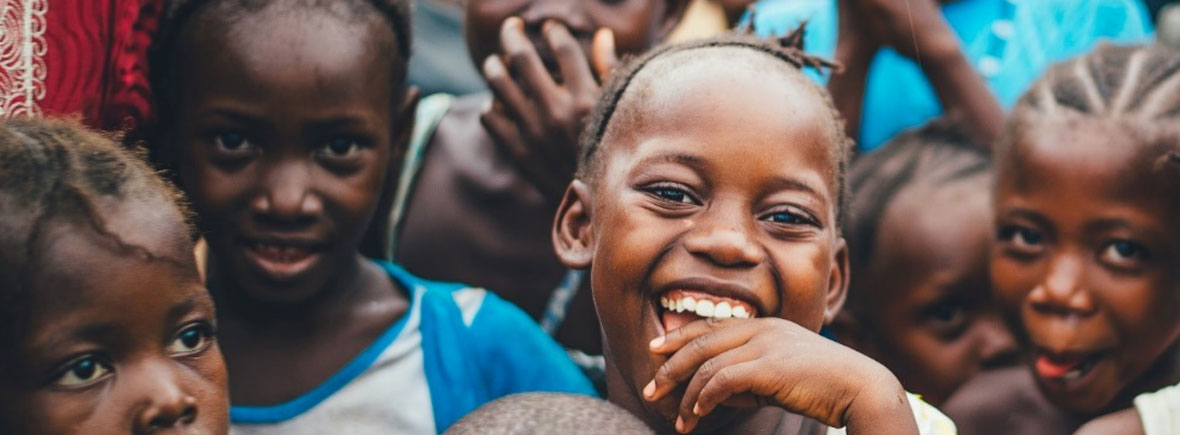
Systems approach our best shot at improving child nutrition
By Dr Jane Battersby-Lennard (University of Cape Town) and Julia Harper (Stellenbosch University)
The Nourished Child project – a collaboration between City University (United Kingdom), the University of Cape Town’s African Centre for Cities, Stellenbosch University (SU), the Southern African Food Lab, UNICEF and the Western Cape provincial government – aims to better understand the experiences of mothers and caregivers trying to feed their children nutritious diets.
Launched in 2020, the project works closely with community partners in the urban neighbourhoods of Masiphumelele (Cape Town) and Zweletemba (Worcester). The end goal is to improve the design of food and nutrition-specific policies and programmes.
The researchers have found that the food choices of mothers and caregivers in these communities are shaped by limited income, poor access to water, sanitation and reliable energy, their housing type, the feeding opportunities provided by their local early childhood development (ECD) centres, and the kinds of nutrition information available to them.
Mothers’ decisions about how long to breastfeed their children are shaped in part by the information provided by the clinics and programmes such as the national Department of Health’s MomConnect initiative. Other factors that play a role in this regard are shared community knowledge, the influence of grandmothers who sometimes provide vital financial support, limited support from the child’s father, and the pervasive influence of follow-on formula. One key project deliverable has been a series of recommendations to broaden existing programmes so as to incorporate these factors.
Moreover, the project has identified new entry points for the state to address food and nutrition security by incorporating nutrition into all other government services. Indeed, government mandates such as spatial planning, basic service delivery and formally registering ECD centres are all key elements of food policy and security. Therefore, explicitly addressing nutrition in policies and programmes in these and other fields can deliver significant benefits for food security.
In his 2022 State of the Nation address, South African president Cyril Ramaphosa called on all social partners – government, labour, business and communities – to work together to grow the country’s economy, create jobs and combat hunger. The Nourished Child project has found many examples where this kind of collective responsibility and systems approach is bearing fruit. In Zweletemba, for instance, the mothers explained how their entire households had received food parcels from their children’s registered ECD centres during the Covid-19 lockdown as a result of private-sector and non-governmental organisation engagement. In Masiphumelele, in turn, there are ECD centres with thriving gardens that feed not only the children at the centres, but also donate produce to local community kitchens. This has been enabled through civil society funding, training and other support.
Yet perhaps the most exciting opportunity to improve child nutrition through a systems approach is the emerging network of “nutrition ambassadors” in Masiphumelele. An initiative of research participants and community members themselves, the nutrition ambassadors serve as advocates for healthy diets, advancing the cause of child malnutrition in their community.
The costs of poor child nutrition are vast – both for our present and our future. To effectively improve child nutrition will take a systems approach. It will require the involvement of all tiers of government, the private sector and civil society, with strong representation from the communities most affected. While we are starting to see green shoots within and beyond the state, we still have a long way to go.



